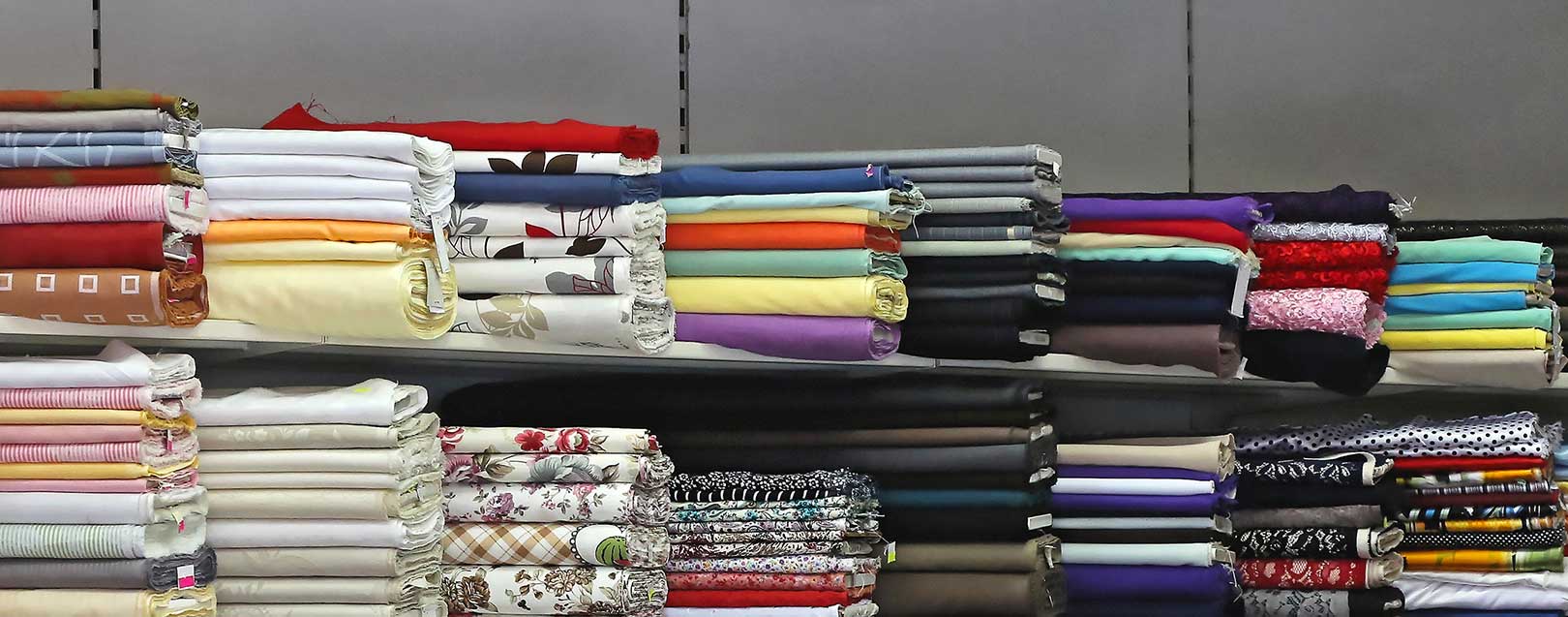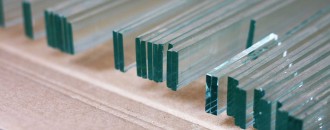
Gujarat textile industry demands heavy import duty on Chinese fabrics
The Dollar Business Bureau
Textile industry of Gujarat is demanding imposition of heavy duty on the imports of fabrics from China in order to protect small and medium enterprises (SMEs) of the State.
Apex trade body Southern Gujarat Chamber of Commerce and Industry (SGCCI) and Pandesara Weavers' Coooperative Society Ltd has submitted a representation to the Ministry of Commerce and to the Confederation of Indian Industries (CII) demanding an for imposition of import duty on the Chinese fabrics to safeguard the SMEs in Surat.
SGCCI has raised apprehensions about the heavily under-invoiced fabrics import from China and said that the import has touched over Rs.5,500 crore in the past one year, but it could be more than Rs.10,000 crore.
P M Shah, President, SGCCI said, “The Government of China provides heavy subsidy to its textiles industry. We have provided a detailed list of the benefits enjoyed by the textile entrepreneurs in China. This further reduces the production cost per unit in China. Thus, it has become difficult for the powerloom weavers to survive here.”
Ashish Gujarati, President of Pandesara Weavers' Coooperative Society Ltd said, “The fabric quality imported from China is of synthetic fibre and man-made as cotton is costly in China as compared to India. This synthetic fibre fabric has created an increase in demand in the SMEs of Surat. This imported fabric is highly under-invoiced and would be valued around Rs.10,000 crore.”
Gujarati further said that in spite of having the production capacity, India has lost out on the output leading to huge unemployment in the sector. The import of fabrics from China is taking place at a cheap price of just Rs.5 to Rs.15 per square metre. This is unbelievably very low price for any type of fabric, even a handkerchief costs over Rs.5 in the market.
“Therefore, the prices of fabrics should be to a minimum of Rs.50 a metre. There is a need to take immediate measures to stop the clearance of undervalued fabrics and curbing imports by raising import duty on fabrics, besides levying specific duty on all types of man-made and fibre-based fabrics,” Gujarati said.
“There are some tariff lines in a fabric which do not have specific duty and import of fabrics should be allowed only under automatic advancement scheme for actual users,” he added.






 to success.
to success.